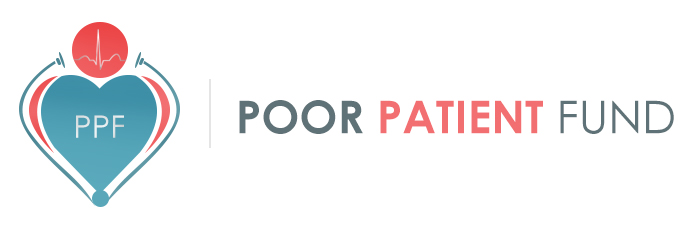Imminent danger threatens the health of kidney patients in Gaza
- Posted Category : News Reports
- 19 September 2017
Dr. Mahmood Wadee, director of the kidney unit in Nasir Hospital, announced the severe shortage of medication and necessary medical consumables for two hundred and seventy kidney failure patients and about ninety three kidney transplant patients. This shortage affects hospitals of the southern areas, including Nasir, Al Aqsa and Najjar hospitals. Dr. Wadee also warned of the danger of persistent shortages and lack of immunosuppressive drugs which are imperative for the treatment of patients, especially the drug “Rapamune”. This drug has been out of stock for the third consecutive month and it is absolutely necessary for kidney transplant patients. He emphasised that these patients require this type of medication lifelong. In addition, there are severe shortages of certain medications like steroids for the bone marrow and renal osteoporosis medication. He also indicated that there is a lack of availability of some specialised laboratory tests which kidney transplant patients require every now and then. There is a shortage of thyroid level analysers which are required by kidney dialysis patients to prevent complications of kidney failure and to prevent renal osteoporosis as far as possible. Regarding medical consumables, Dr. Wadee mentioned that the kidney units in Nasir, Najjar and Shuhada Al Aqsa hospitals are suffering from a shortage of kidney dialysis filters and salt and dextrose solutions. In addition, there is a shortage of blood lines used for blood dialysis.
Dr. Wadee called for a constant supply of these drugs, because kidney failure patients cannot tolerate any delay or wait in their treatment protocols as it may worsen their health conditions further. He mentioned that the kidney failure patients are distributed among the southern hospitals as follows: seventy-five patients in Najjar Hospital, seventy patients in Shuhada Al Aqsa Hospital and one hundred and twenty five patients in Nasir Hospital. As for the kidney transplant patients, they are distributed as follows: eighteen patients in Najjar Hospital, ten patients in Shuhada Al Aqsa Hospital and sixty-five patients in Nasir Hospital.
In the same context, Dr. Abdullah Qayshawi, director of Shifa Hospital, warned of the imminent shortage of Tacrolimus, one of the lifelong immunosuppressive drugs used daily to prevent the patient’s body from rejecting the kidney that was transplanted and to prevent complications which may lead to a recurrence of kidney failure. He explained that there are forty five individuals who underwent kidney transplants in Gaza. This is in addition to one hundred and eighty individuals who underwent kidney transplants outside Gaza who frequent Shifa Hospital clinics outside to receive this medication. He confirmed the need to provide medication very soon, emphasising that the currently provided quantities are very small. They will only cover patient needs for a short while.
Dr. Muhammad Salmiyyah, director of Rantissi Specialised Childrens’ Hospital, confirmed that there are five children who underwent kidney transplants and who require Tacrolimus daily so as not to experience kidney failure. He added that this medication is also used to treat proteinurea which does not respond to steroids.
Partners for Medical Aid
Alray Palestinian Media Agency
All opinions and comments displayed do not necessarily represent the official opinion of the website, but they represent the view of the writer
